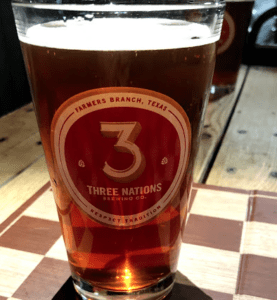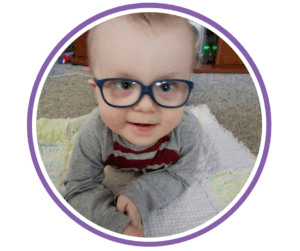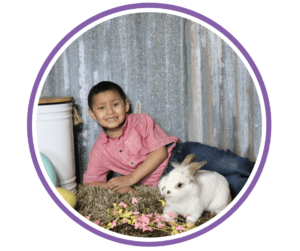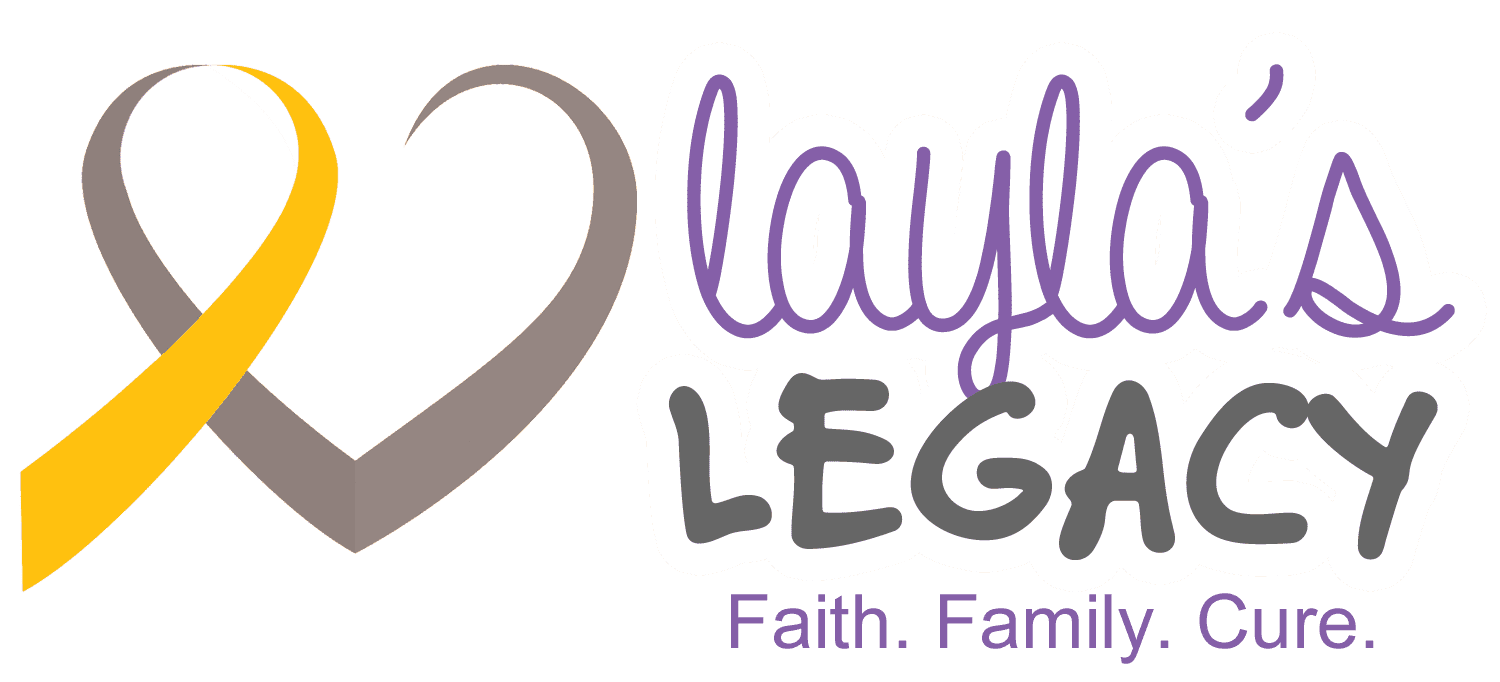

This post was originally published on Child Life Mommy https://childlifemommy.com/2019/03/04/creating-a-legacy-for-your-child/
Losing a child is every parent’s worst nightmare. It’s why when someone learns you’ve lost a child, their first response is typically “I can’t even imagine what you’re going through.” Truly, they can’t because our brains aren’t wired that way. Sigmund Freud once said that people run towards pleasure and run away from pain. Thank you Captain Obvious. What is more painful than imagining the death of your child? In short – nothing.
The Aftermath
After the loss, and the funeral is over and the sympathy cards slowly stop coming, parents are faced with something almost as terrible as losing their child – the realization that life is moving on and the fear that people have forgotten their child existed. You wake up one morning, look outside, and see the cars going by. The neighbors across the street are waving goodbye to their kids as they leave for school and the woman on the local news is laughing at some funny story about a dog that sings. What is happening?
I vividly remember those feelings when I lost my daughter to pediatric brain cancer in 2017. She was only five years old. We had spent 14-months battling the disease that ultimately took her life and were constantly surrounded by supporters. Then came the day that life began to move forward and I was not prepared for that. In my grief, I was determined to make sure her life mattered far beyond the 1,877 days she lived. And so, I started Layla’s Legacy Foundation to fund research for pediatric brain cancer and support families with children battling the disease.
What Now?
Starting a foundation may not be feasible, or even the goal, for all parents grieving the loss of a child, but the desire to establish a legacy for the child is felt by many. Whether the purpose is to educate others, give back to a community or establish a long-term mission, creating a way to help others in the name of your child can play a vital role in the healing process as well.
Fundraisers – One of the easiest ways to begin is simply by raising money for a cause connected with the child’s death. There are a vast number of foundations already in existence and all it takes is a little research to find the one that is right for you. My biggest piece of advice here is to make sure the money raised is going towards what you intend. You might even consider partnering with a smaller or new foundation that shares your goal.
If you are raising money for a specific cause, social media is your new best friend. Facebook provides an excellent service with Facebook Fundraisers which make it easy to share with friends and relatives. Encourage those who support you to host a Facebook Fundraiser for their birthday or special occasion. This broadens your reach to their community which will grow your mission.
Events – Another easy way to establish a legacy for your child is with an event you host each year. It can be big or small and anything from a toy drive to a large gala or fun run. What’s important is that you have the opportunity to connect the community with your child’s life and story. If your child was school-age, I suggest engaging their school. Part of educating our children is helping them see that it’s important to give back to others and kids have a remarkable gift for empathy. They love to identify with a cause related to their peers.
The school our daughter attended hosts a toy drive each year around Christmas. It’s organized by the Boy Scouts as a service project which is great because my husband and I don’t have to be in charge.
Memorial Fund – A memorial fund is different from fundraising in that it’s an ongoing opportunity for people to give. You can establish many different uses for the money like a yearly scholarship, a project in your community or a reoccurring gift to a hospital or facility. Again, this is easy to share with others and ask for donations in lieu of gifts for any occasion. You can set up your own from the beginning or look into foundations that provide this service as part of their mission.
They Are Not Forgotten
More than anything else, I want you to know that your child is not forgotten. Even if the world seems to be moving on without you, your child lives in the hearts of many. Giving yourself the opportunity to connect with their memory regularly can be a tremendous help in the grieving and healing process. There are times it feels painful, but pain is part of the life we now carry and a step towards peace. Remember that you don’t have to carry it alone.
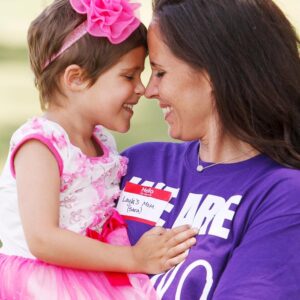
Sara Stamp
Layla’s Legacy Foundation is a 501(c)(3) organization funding innovative pediatric brain cancer research while bringing hope and help to families impacted by the disease.
